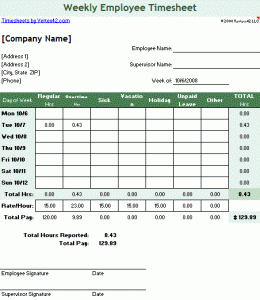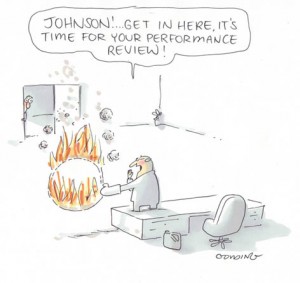 I witnessed the following exchange at the airport. A man and woman were traveling together and he was dragging a huge suitcase behind him while she had a compact little roll-along. She was playfully ribbing him about not being able to keep up with her as they strode through the terminal. He responded, perhaps not as playfully, “Hey, this is all your stuff I’m hauling in this big bag.”
I witnessed the following exchange at the airport. A man and woman were traveling together and he was dragging a huge suitcase behind him while she had a compact little roll-along. She was playfully ribbing him about not being able to keep up with her as they strode through the terminal. He responded, perhaps not as playfully, “Hey, this is all your stuff I’m hauling in this big bag.”
Have you ever been the organized person at work who keeps a neat desk, puts everything where it belongs and gets all your work done only to be dragged down by someone else’s baggage? You carefully schedule to get all your high priority projects done and the reward is you get asked to help out your co-workers who’ve waited until the last second and created an “all hands on deck” situation.
You’d probably like to reply, “Sorry, lack of planning on your part does not constitute a crisis on my part.” Of course then you remember that “Teamwork” is one of the company’s values and you put down your bag, take off your jacket and pitch in. Do you really have a choice?
Probably not. The good news is you do have options to minimize the likelihood that this continues to happen.
- After the crisis has passed, sit down with this LSD, Last Second Deliverer, and let them know that while you were okay with helping them on this expedition you are not looking forward to their next bad trip. Offer to help them organize their next project when it’s assigned. If they turn down your offer of help at the outset, this gives you the option to refuse their request for help at the last minute.
- Communicate with your manager about what happened, without complaining, and let her know that while you’re happy to help out and take one for the team, it’s been a one way street lately and this is impacting your ability to meet your own objectives.
- If this has been happening frequently with many people in the office, there may be a staffing inadequacy. Document the frequency and duration of the last minute work and overtime. If a department has been regularly logging over 140 hours (one FTE, full time equivalent) of overtime, paid or unpaid, a month, that’s a pretty strong indicator that you’re understaffed. You’ll need these numbers if you’re going to make a compelling case to add head count.
There are always going to be times when we have to pick up the slack for our colleagues. Being a team player is a good thing as long as everyone is playing by the same rules. And if you find that you are always the one carrying someone else’s excess baggage, it’s time to take a good look at your role in the office and and figure out a way to lay that burden down.












